At the Lausanne Weightlifting and Bodybuilding Club, 74-year-old Francois Jeanmonod was delighted to be back after months away due to the pandemic.
He was at the club to meet other bodybuilding enthusiasts, all retirees, from “the first hour” that the facility reopened.
“We don’t just come to build big muscles — we come to chat,” he told AFP, cleaning down equipment with a wet wipe.
Though daily coronavirus case numbers are going up, Switzerland eased anti-Covid restrictions on Monday, notably reopening cinemas, sports halls, and cafe and restaurant patios — along with several large-scale vaccination centres in cities like Lausanne and Geneva.
EXPLAINED: What are Switzerland’s current coronavirus measures?
Some 9,830 people have been killed by the virus in Switzerland, population 8.6 million, while nearly 634,400 have tested positive.
At the weightlifting club, facemasks do not need to be worn if gym-goers keep 1.5 metres apart, but they are required in the changing rooms.
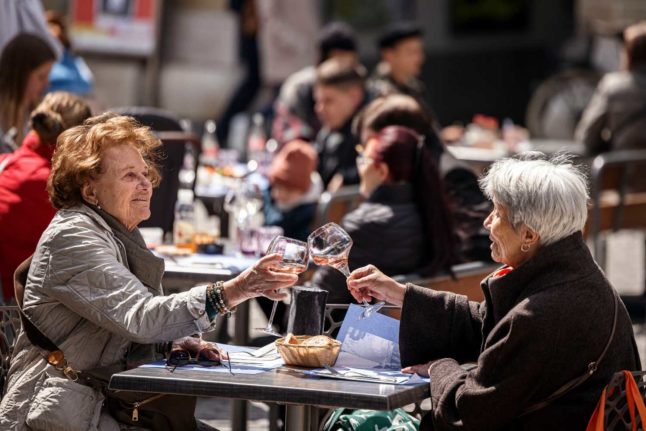
Even if club members have been out exercising on the shores of Lake Geneva, they all said that getting back in the gym was priceless.
“For morale and mates,” said 74-year-old Jean-Jacques Subilia, perched on a gym bike. “It’s a relief. Coming here is social,” said Didier Dewarrat, 72.
The fitness rooms were near full on reopening.

Waiting on tables
“We had a lot more people than we expected, and everyone expressed their relief after a winter at home,” said Filipa Amorim, 24, manager of a Let’s Go Fitness centre in Lausanne, where about 50 people, all fairly young and masked, worked out on weight machines.
“Many are happy to see the coaches again,” she said, stressing that mask-wearing was mandatory even during cardio activities.
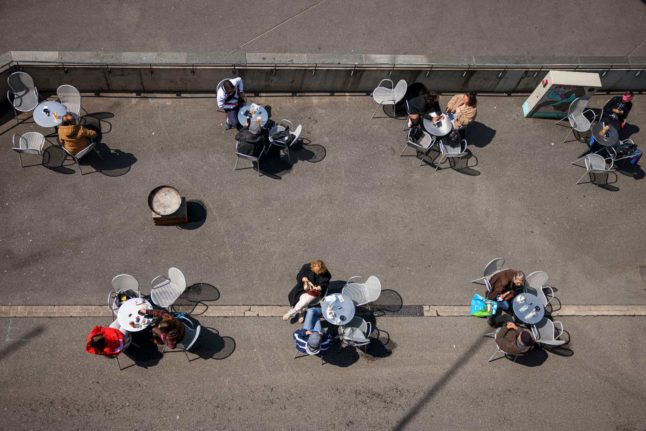
Fitness instructor Tatiana Atanasio, 32, said: “It’s part of my lifestyle. “A year without coming really got to me. I used to play sports outside but it’s not the same because I hate doing sport on my own.”
Nearby cafes reopened their outdoor tables, after months of waiting. They were not crowded due to the cool spring air, but bright sunshine still drew in customers.
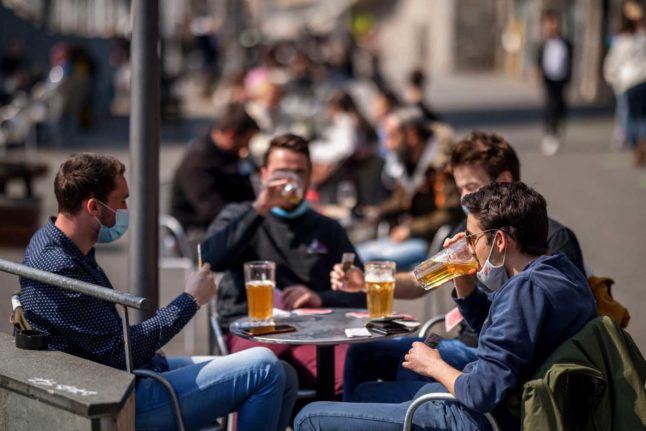
Theatre student Sarah, 20, could not resist stopping by for a coffee.
She had organised her day meticulously in order to celebrate the reopening of outdoor tables. “After … we will have alcoholic drinks tonight,” she beamed.
“Mental health has been completely forgotten during the lockdown, compared to physical health, which the hospitals took care of. We forgot all about those people who live on their own.”
Seated nearby, Herve Lesserteur, 52, added: “The bistrot and its outdoor tables are a social hub. Seeing people counts for something.
“I work in schools, we are surrounded by children all day long, and until now we could not go for a drink on the terrace with friends.”
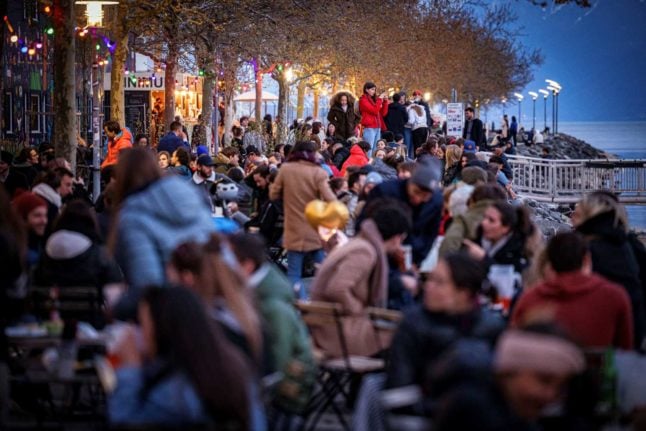
Daily case rates in the landlocked Alpine nation are roughly the same as in neighbours Germany and Italy, though lower than the European Union average — and half the rate in France.
Swiss rates bottomed out in the second half of February but have been on the rise since early March.
Nearly two million vaccine doses have been administered. After more than a year of the pandemic, including several spells of semi-confinement, Lesserteur has learned to take things with a pinch of salt.
“Things open, things close again,” he said.
“This should not stop you living your life.”
By Agnès PEDRERO

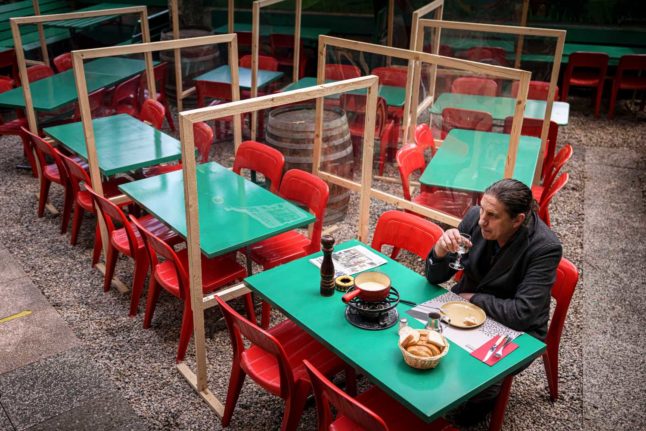
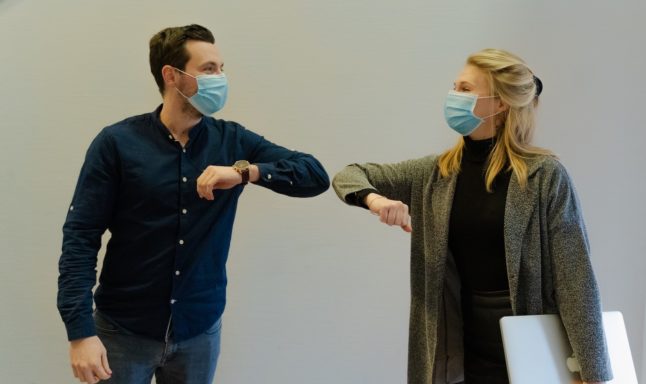
 Please whitelist us to continue reading.
Please whitelist us to continue reading.
Member comments